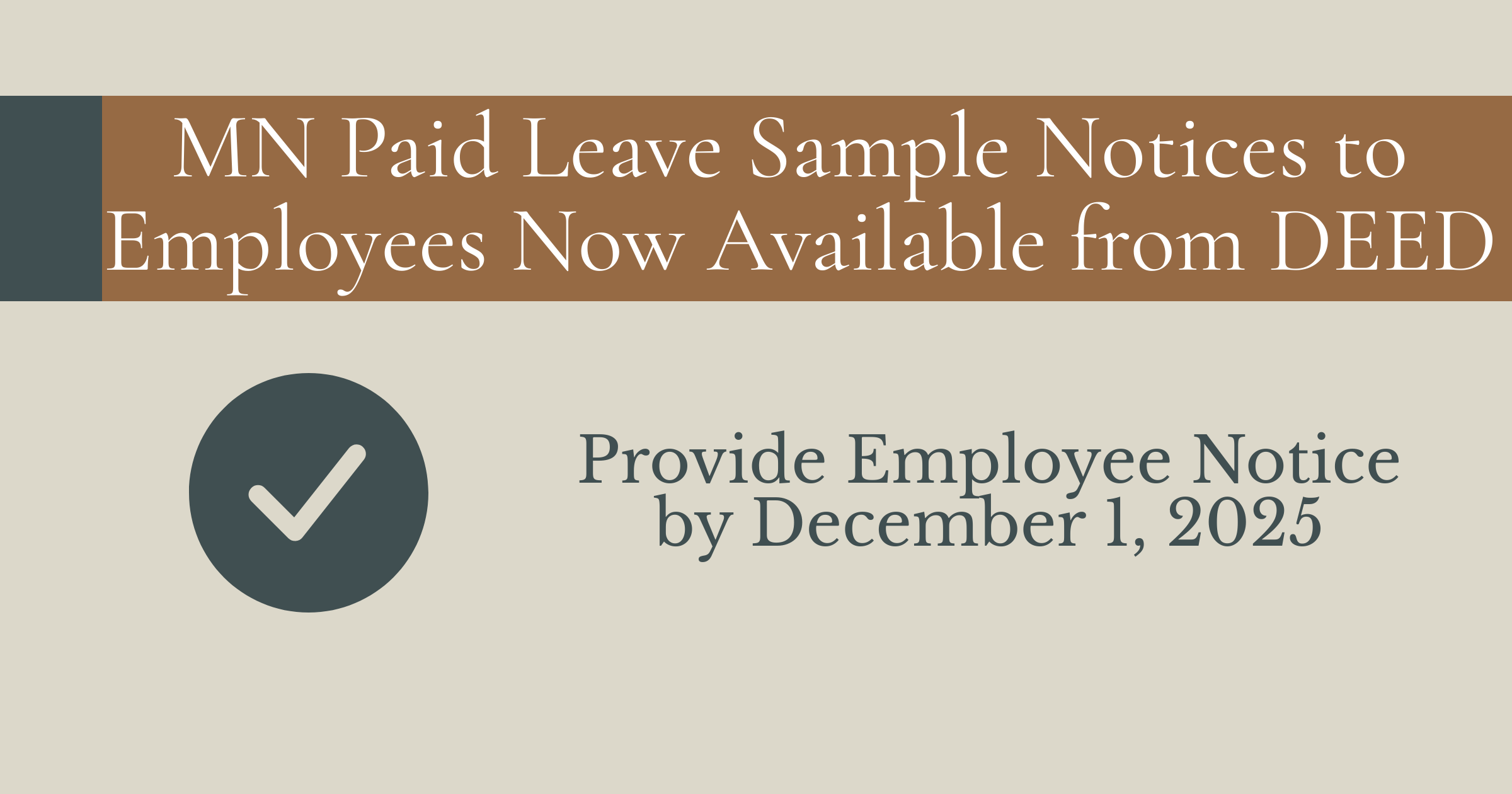
HONORED TO BE THE REGION’S LEADING FULL SERVICE LAW FIRM
Legal Excellence.
Personal Commitment.
At Blethen Berens, we help our clients confidently move forward. As the region’s leading full-service law firm, our clients rely on our team to provide clarity, expertise, and results.
We are committed to legal excellence and a personal commitment to every client we serve.
Welcome to Blethen Berens.
THE LATEST
INSIGHTS







